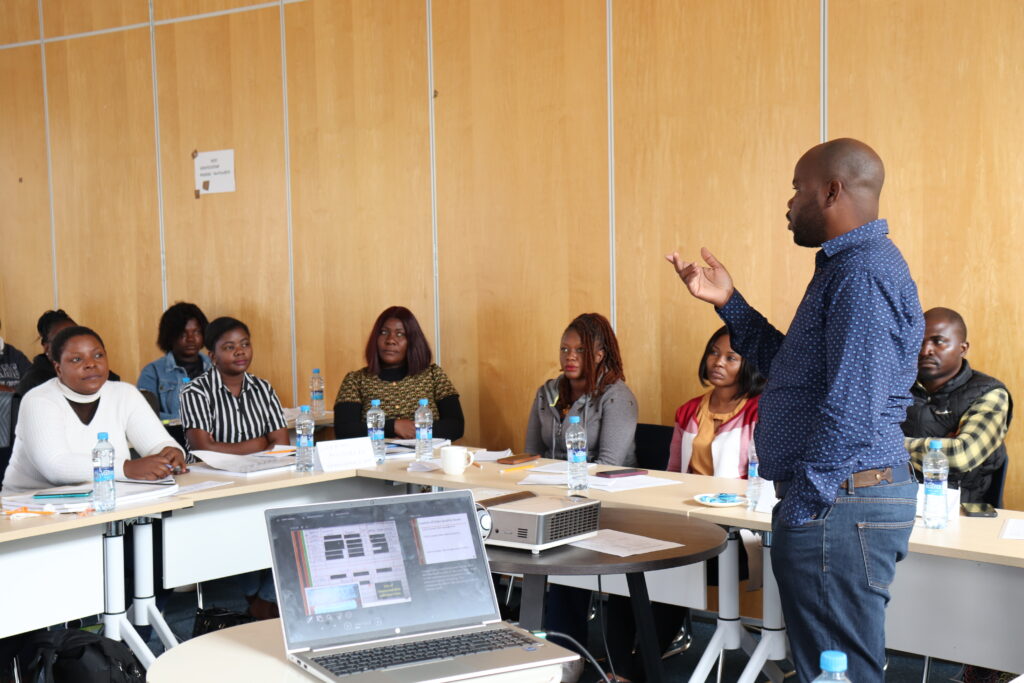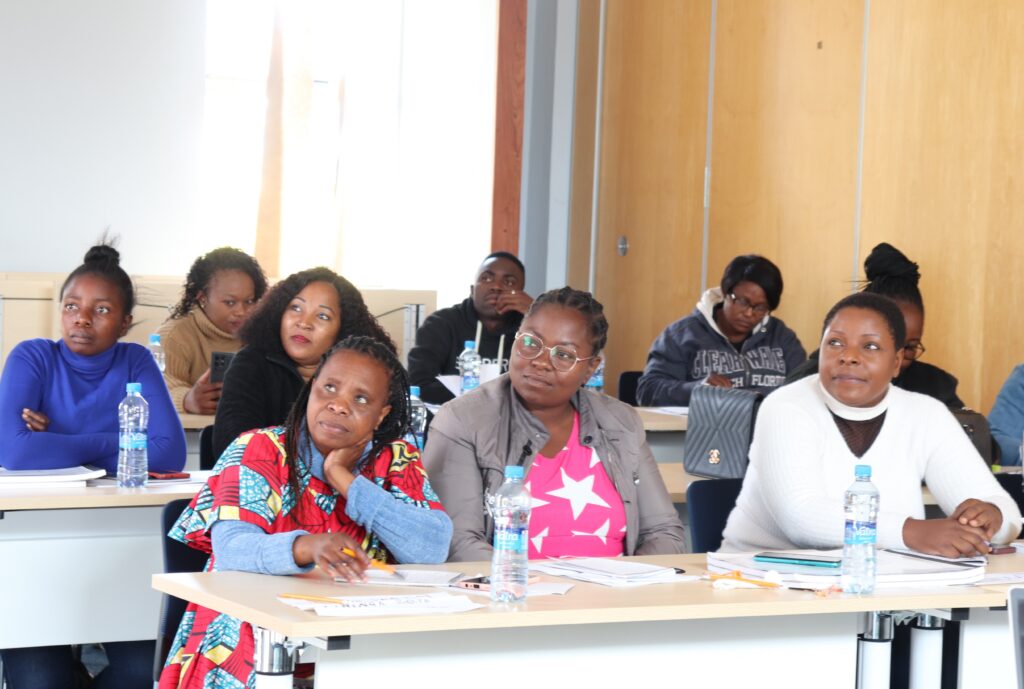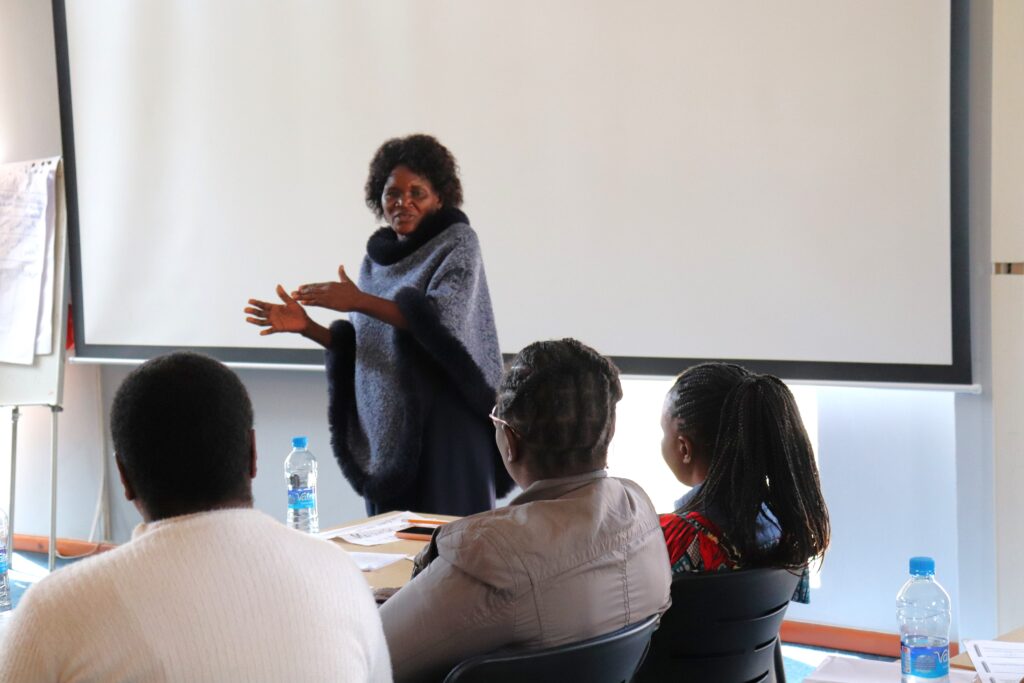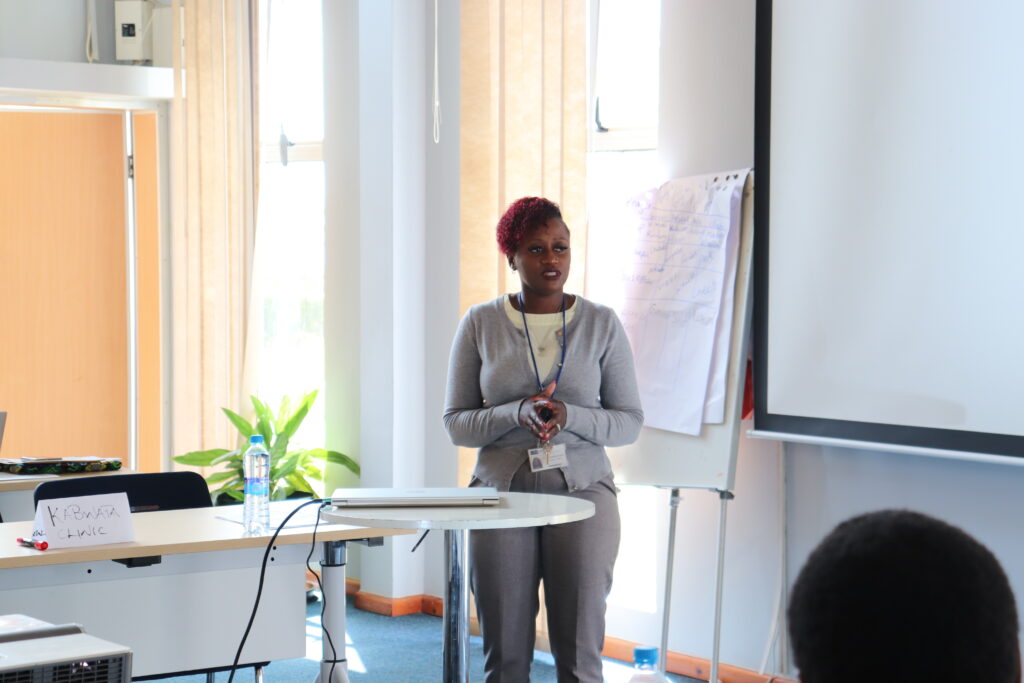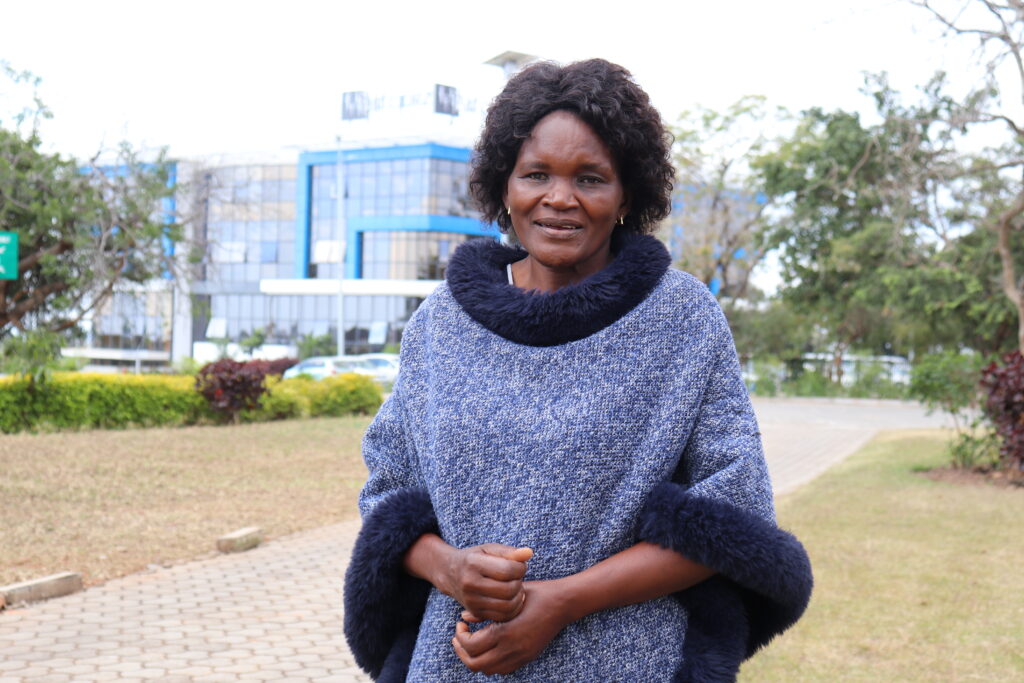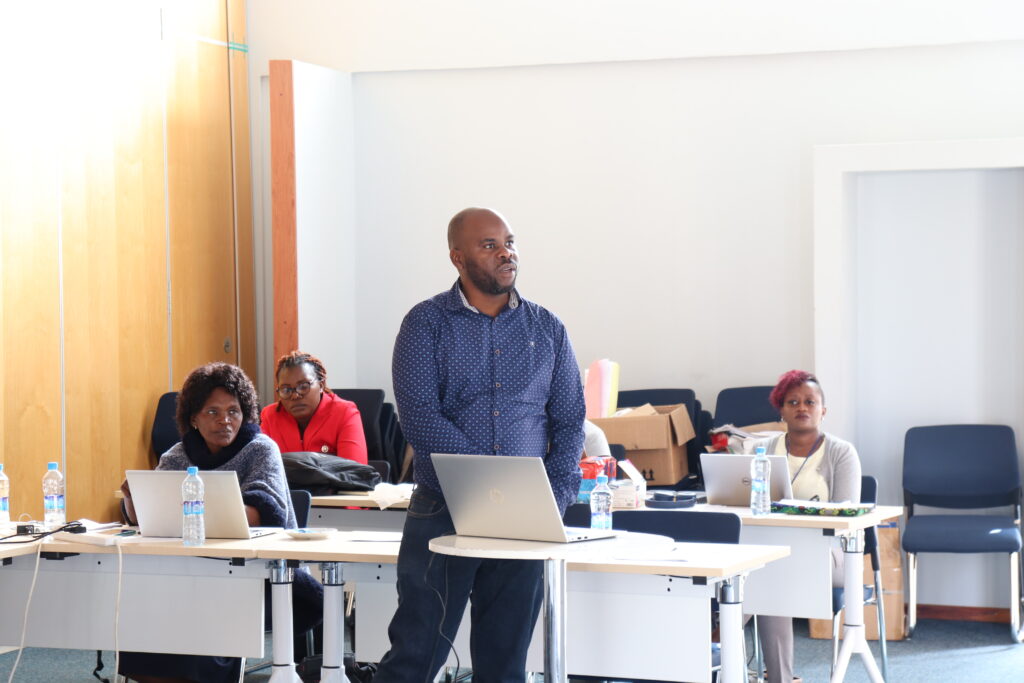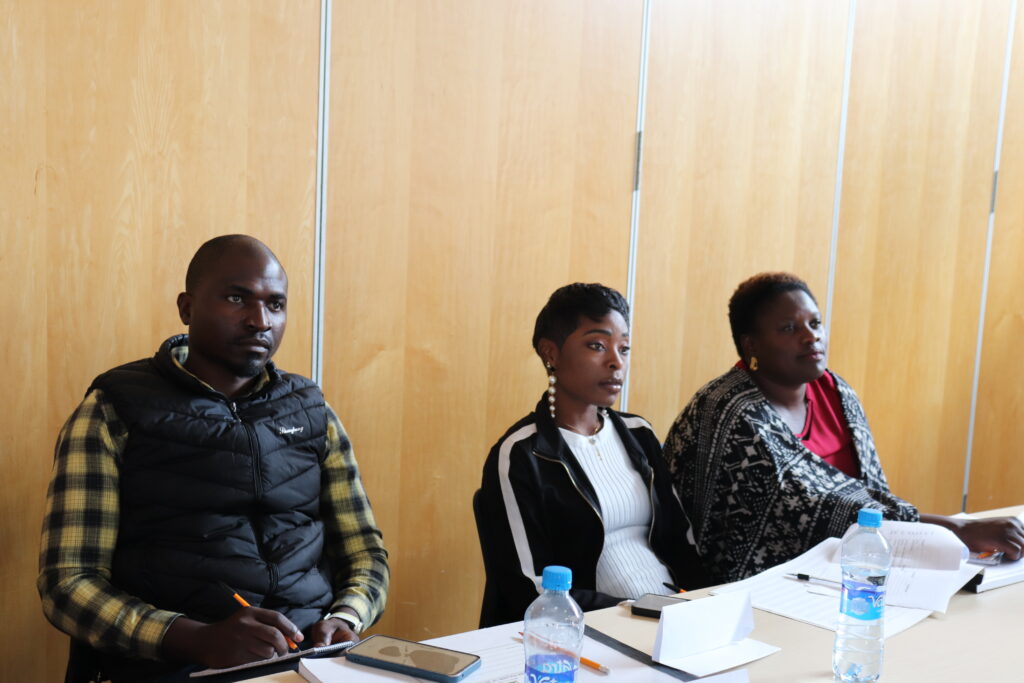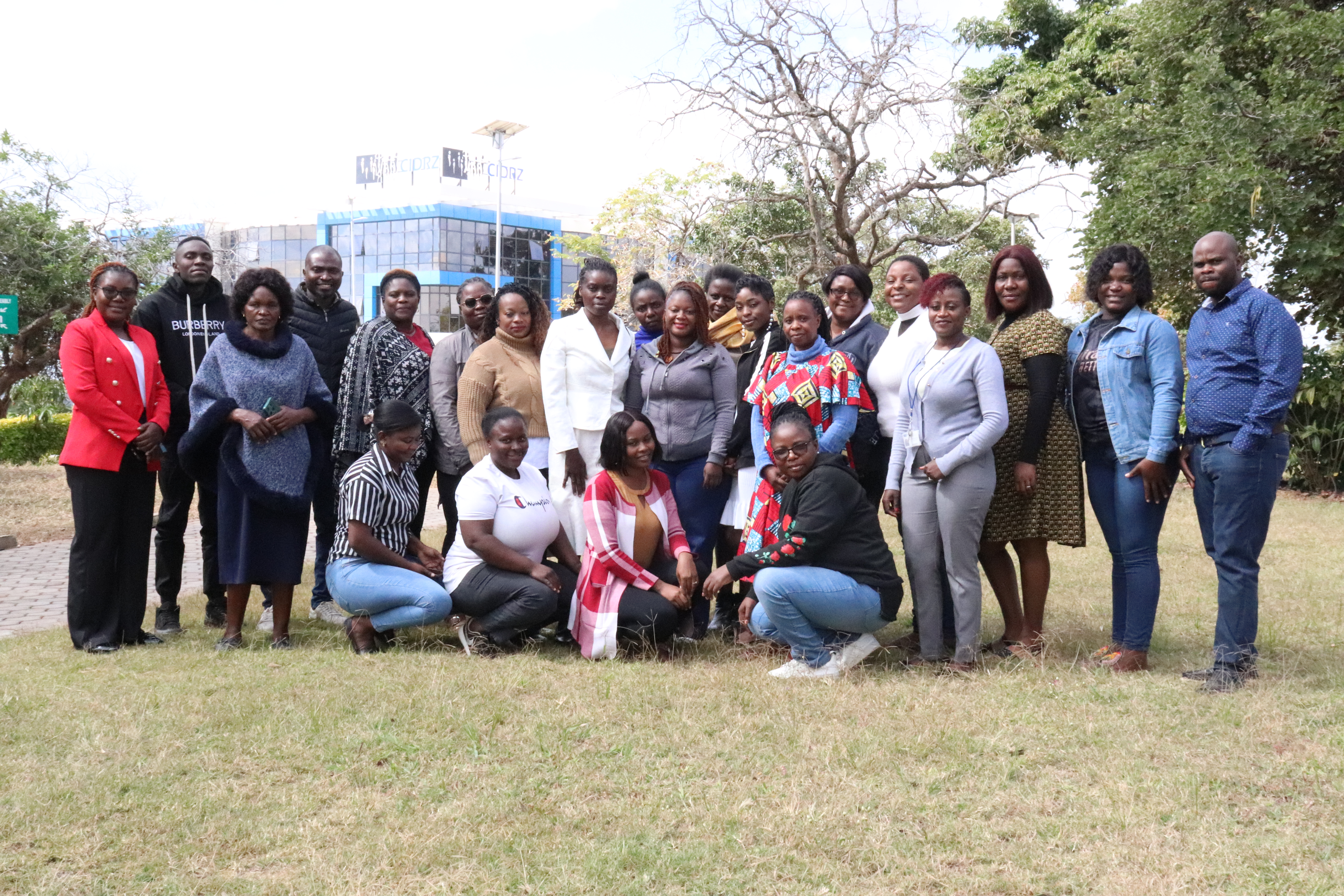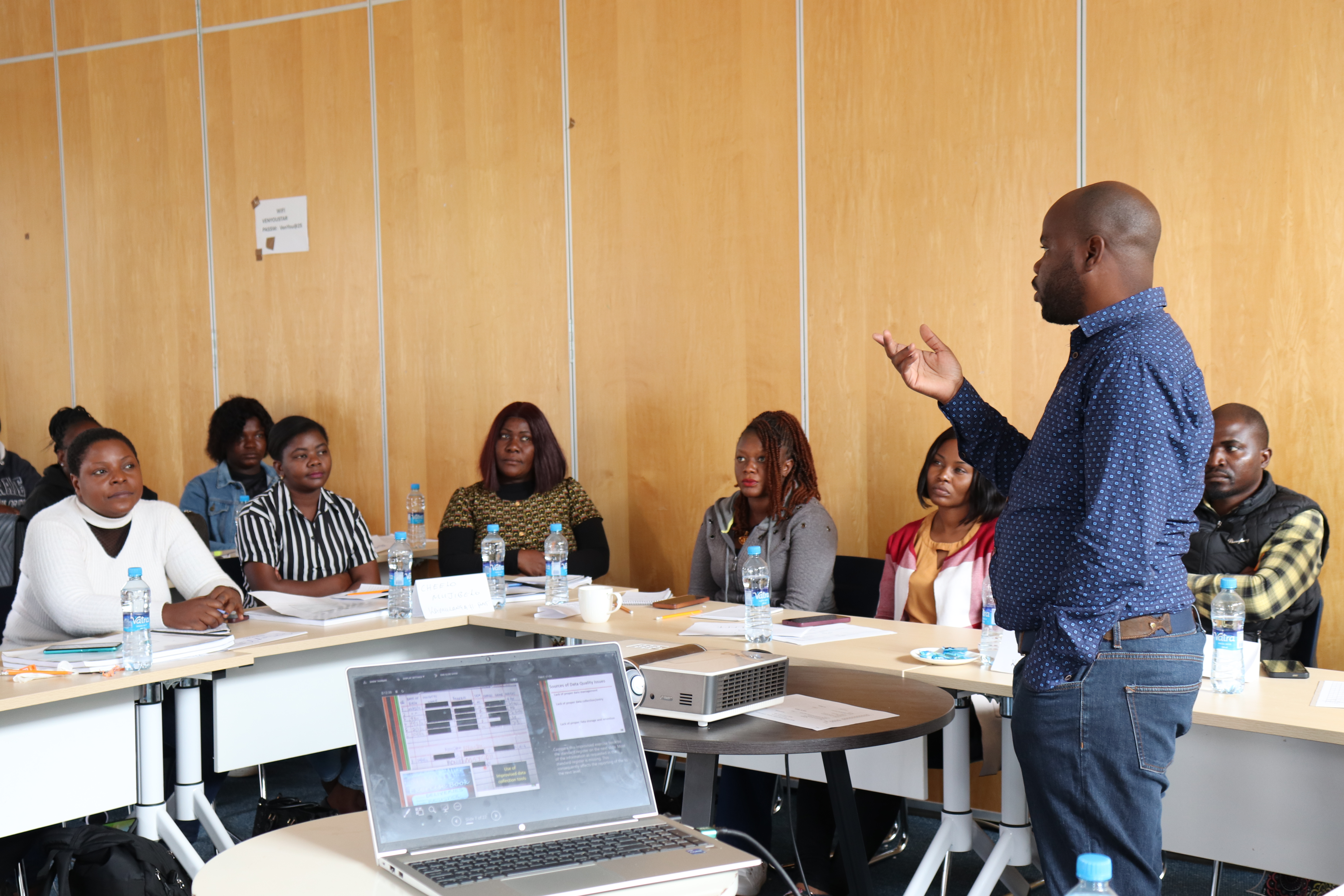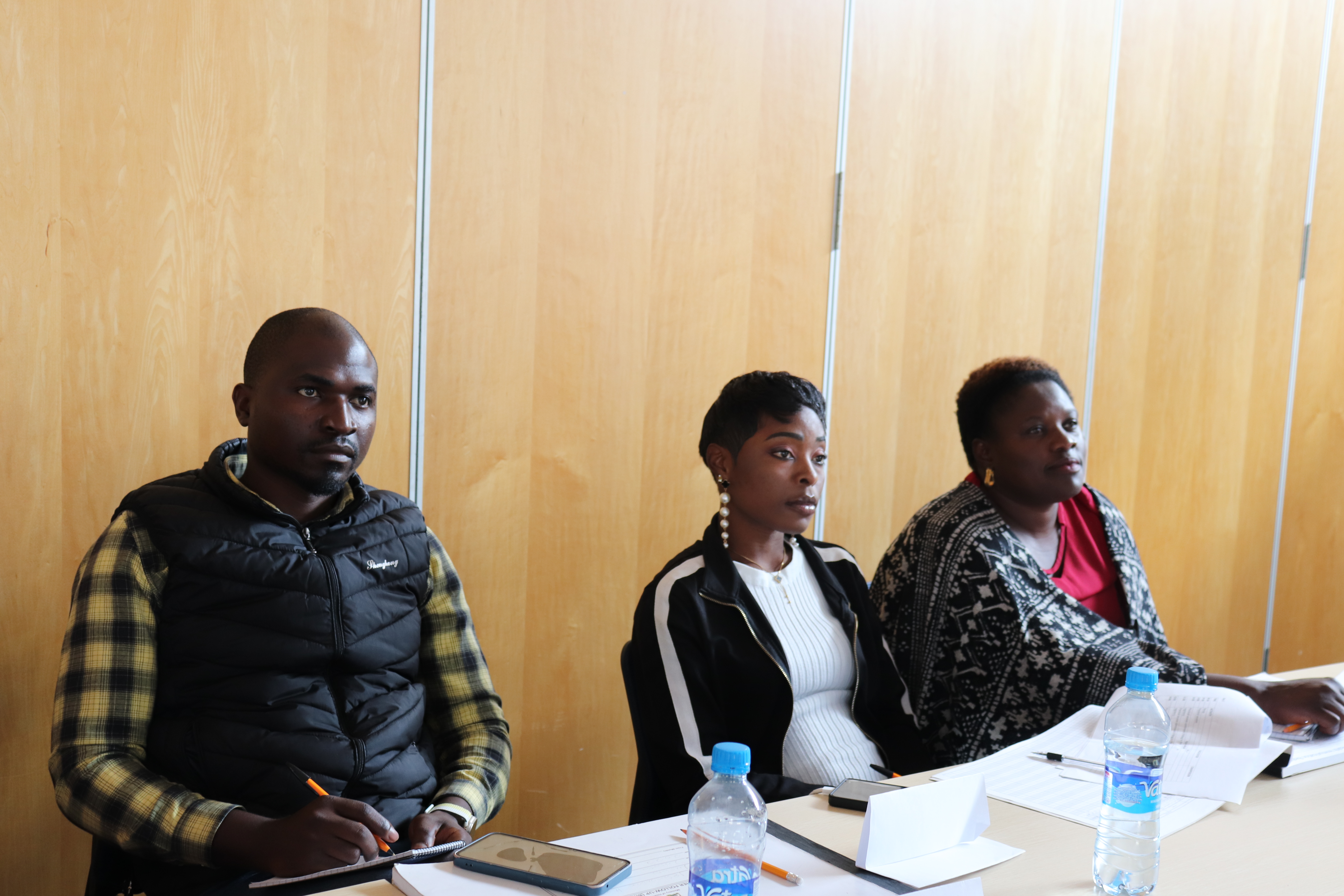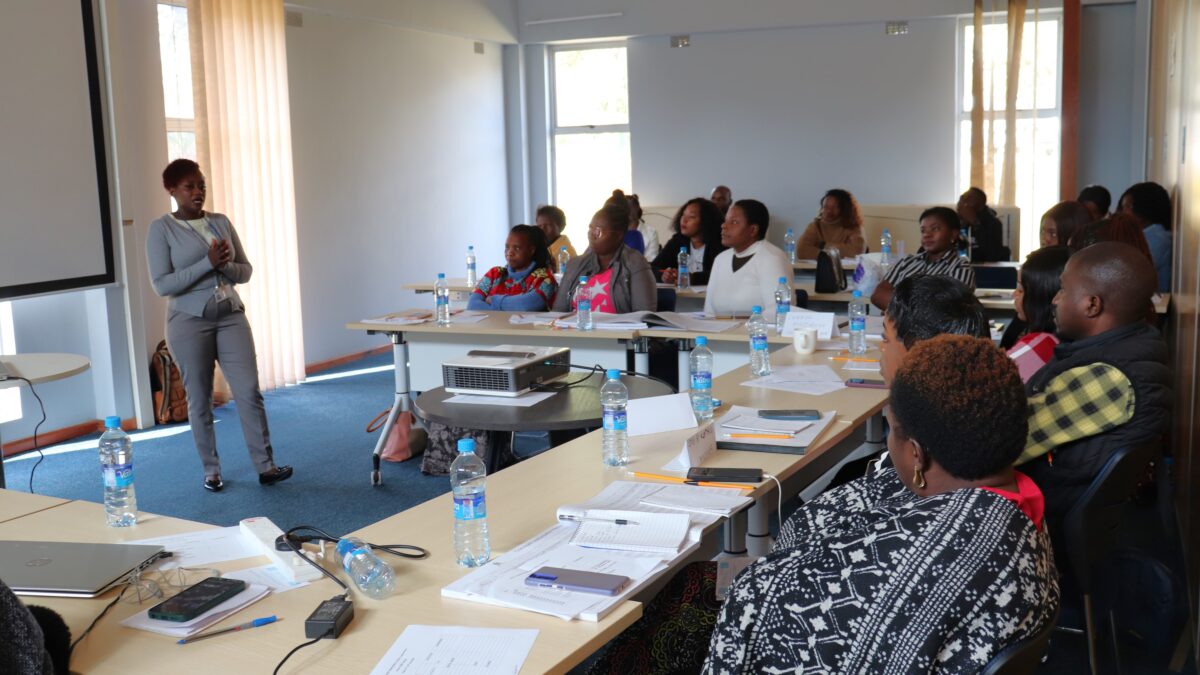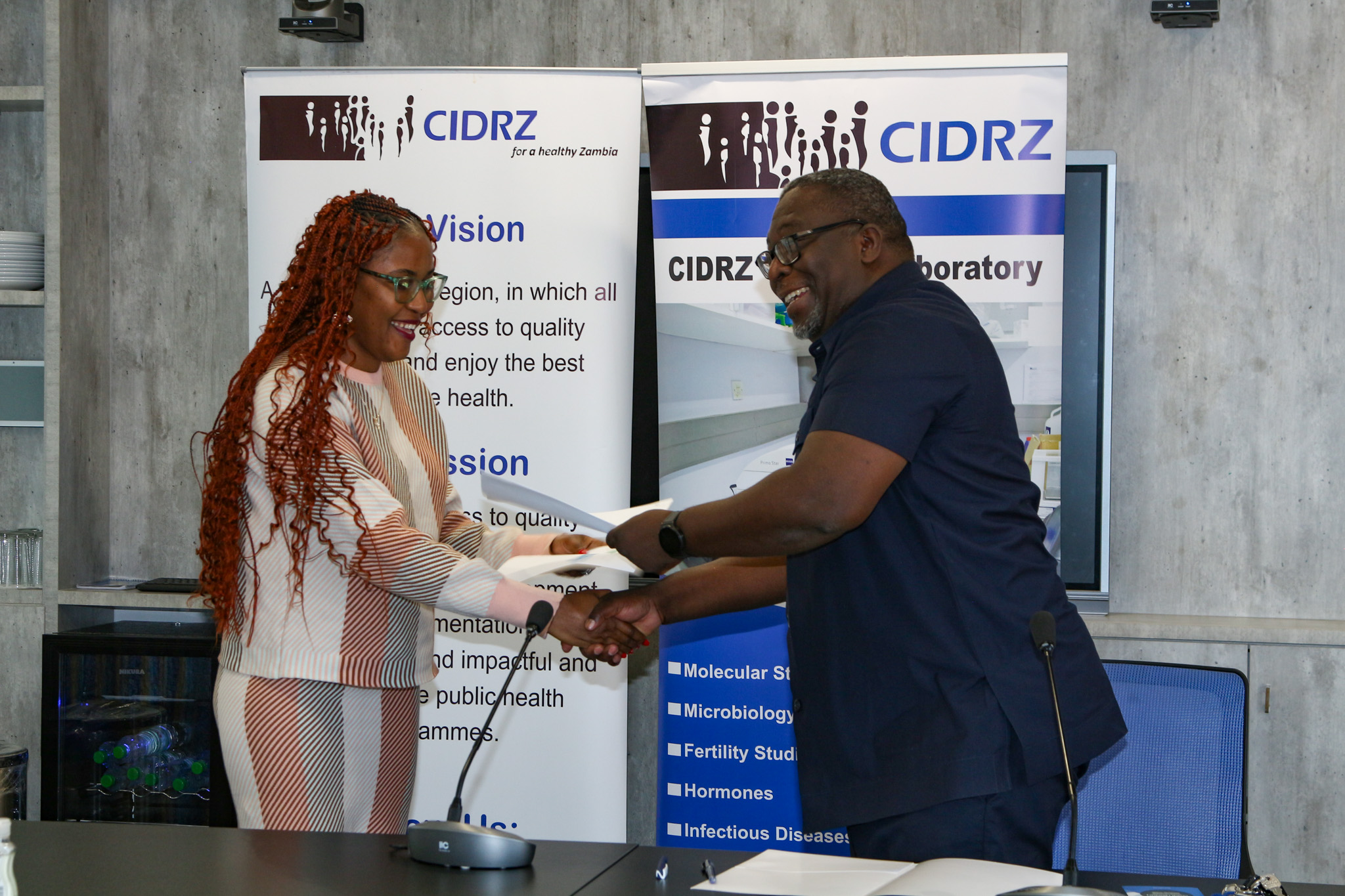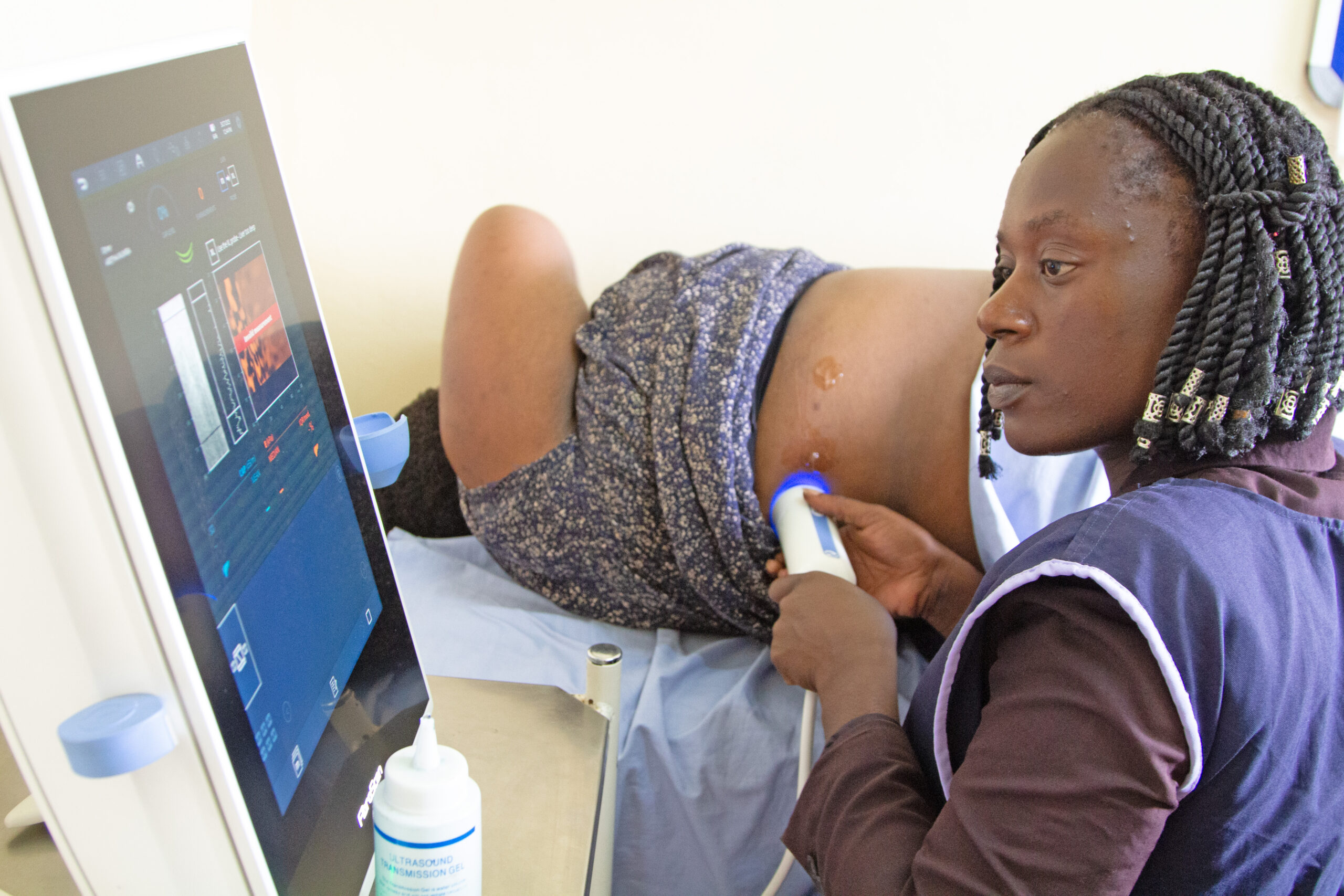
CIDRZ Liver Fibrosis Study Reveals Hidden Burden of Liver Disease in HIV-HBV Patients
June 11, 2025The Centre for Infectious Disease Research in Zambia (CIDRZ), in partnership with the Ministry of Health (MoH), recently conducted a four-day intensive Prevention of Mother-to-Child Transmission (PMTCT) Cohort Monitoring Training aimed at strengthening the Zambia’s efforts to eliminate mother-to-child transmission of HIV.
Held at the CIDRZ Head Office in Lusaka, the training targeted nurses, midwives, HIV nurse practitioners, and psychosocial counsellors from Maternal and Child Health (MCH) departments and labour wards from Lusaka Central and Kabwata constituencies. Key topics covered included cohort monitoring and definitions of key indicators, HIV Exposed Infant (HEI) Cohort Analysis, data quality, and PMTCT indicators among others.
During the training, District Nursing Officer and Lusaka District PMTCT Coordinator, Mrs Mary Zulu, urged participants to remain focused and take full ownership of the learning process.
Mrs Zulu emphasised the need for stronger follow-up systems by healthcare workers at the facility level to prevent mothers transmitting HIV to their babies. She noted that some mothers start treatment but then disappear, unknowingly putting their babies at risk of HIV transmission.
“We need to monitor, follow up, retest these mothers and initiate early treatment. Our goal is simple, no HIV-positive babies by 2030. We want every baby born in Zambia to be HIV-free. Every newborn deserves a chance to be HIV-free. Let us record quality data, act early, and give Zambia a future free of paediatric HIV,” she said.
Mrs. Zulu also highlighted the importance of applying and sharing the knowledge and skills gained to accelerate progress toward achieving the 95-95-95 targets and eliminating new HIV infections in children.
CIDRZ PMTCT Medical Mentor, Dr Chimwemwe Zulu, urged healthcare workers to strengthen strategies to reduce HIV transmission, including improving first antenatal care (ANC 1) attendance and ensuring that every pregnant woman knows her HIV status and receives appropriate care thereafter.
She emphasised that the shared vision of CIDRZ and the Ministry of Health is to eliminate HIV, syphilis, and hepatitis B by 2030 by improving early antenatal care attendance and ensuring every pregnant and breastfeeding woman receives quality healthcare services at all levels.
By the end of the training, participants demonstrated a clear understanding of the cohort monitoring approach, proficiency in HEI cohort analysis tools, the ability to enter and interpret data accurately, and a solid grasp of their roles and responsibilities in implementing HEI cohort monitoring within their respective facilities.
